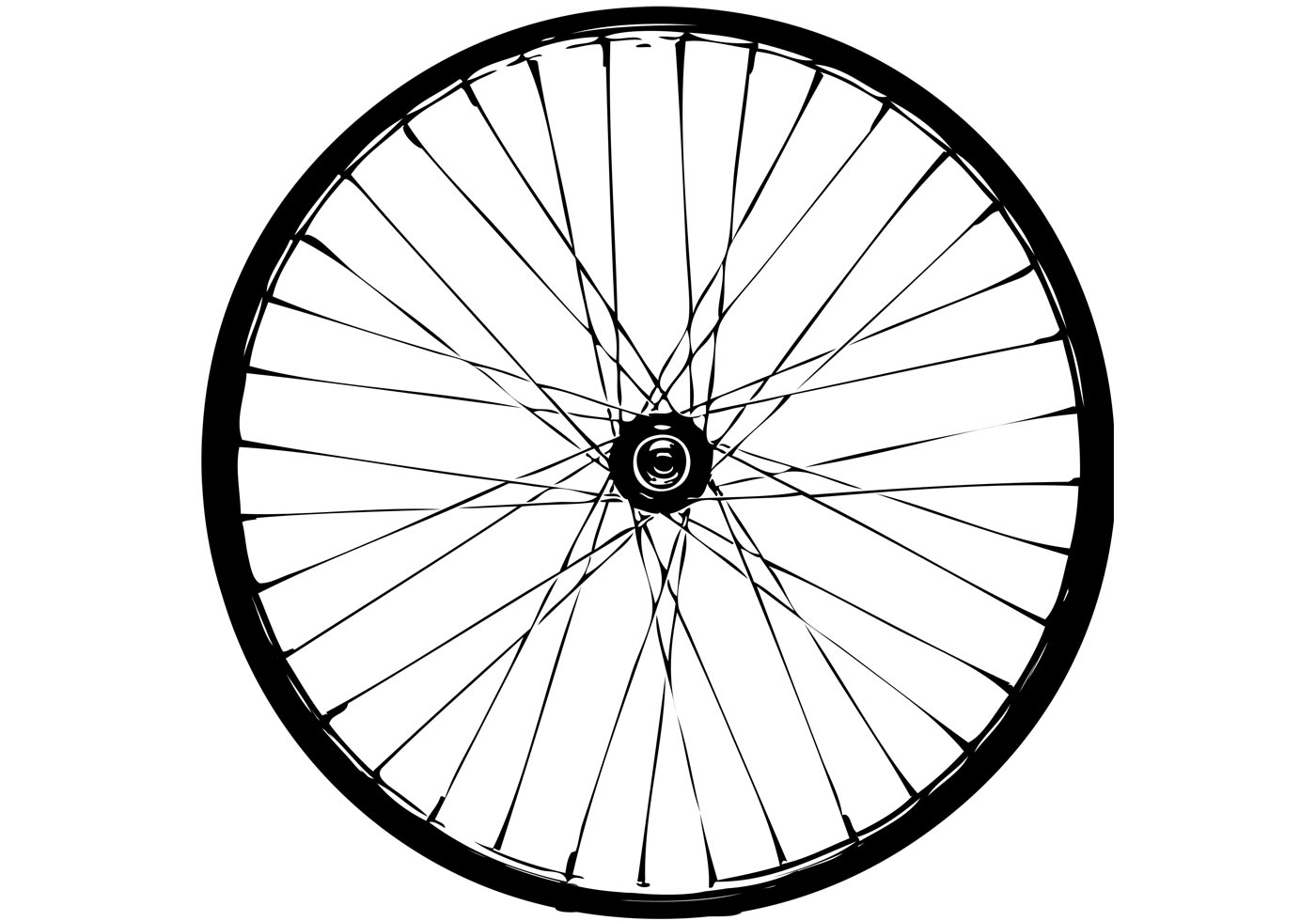The Change Jar Capers
The key to success was getting the kitchen cabinet door open without making a sound. Not a single decibel. It had a magnetic latch that make a reverberating “dumpf” sound if you pulled too hard, too fast. You had to silently wedge your index and middle fingers under the edge of the door and gently pop it open.
Inside were Washingtons, Lincolns, FDRs, and Jeffersons — even one Kennedy. It was the Sheffer family spare change jar. It was filled with the remnants of my father’s work lunches or my mother’s trips to Shop-Rite and the post office.
We needed this loot for bubble-gum, baseball cards, and ice cream. We never raided wallets or purses for paper currency. We were small-time embezzlers, taking just enough so that it wouldn’t be noticed.
The best time to crack into the jar was when my parents were at the store or the Elks Club. We accessed the jar with impunity but discipline. The coins and the jar itself had to be left in the exact positions you found them.
When our parents were home, we planned change jar capers with Ocean’s Eleven precision. Where exactly in the house were Mom and Dad? Should we turn the TV volume up so they can’t hear us (but then, we couldn’t hear them)? Who is the lookout? What is the signal for danger?
We had to move with dexterity that we honed playing “Operation,” the surgery board game. We imagined ourselves as bomb squad experts, sweat pouring from our forehead, moving every coin slowly and without contacting other surfaces.
The riskiest thefts occurred when my father was sleeping in his recliner, about 10 feet from the jar. You had to make sure he was fully out. If his head was turned to the side, away from you, this meant “go;” if not, the operation was scrubbed.
Sometimes, he would wake up in the middle of a theft and, through sleepy eyes, look over to see what you were doing. We had planned for this: we would pretend we were getting a drinking glass out of an adjacent cabinet. To complete the ruse, we would enjoy a glass of water from the faucet and then look at him and say, “man, it’s hot out” or “boy, was I thirsty” (note to self: that sounded fake — must practice this for next time).”
My father’s proximity to the treasure created the only dissension on the team. My brother and friends would be waiting for me in the driveway and ask “did you get it?” I’d say “no, Dad is sleeping in his chair and I think he is watching me.” They would call me chicken and I would respond, “well, then you do it!”
The unspoken truth, of course, was that our parents knew all along what was going on. How?
If successful, we’d drive our getaway bikes to Kenneally’s store. We’d spent our loot like drunken bank robbers. Necco wafers, hot balls, Pixie Sticks, and potato chips. We left the wrappers all over our house — clear evidence of our guilt since we had no other sources of income.
I discovered the jar cleaning out our barn this week. It’s a cheap piece of glass, not worth much outside the family. To us, it remains a font of valuable memories.

